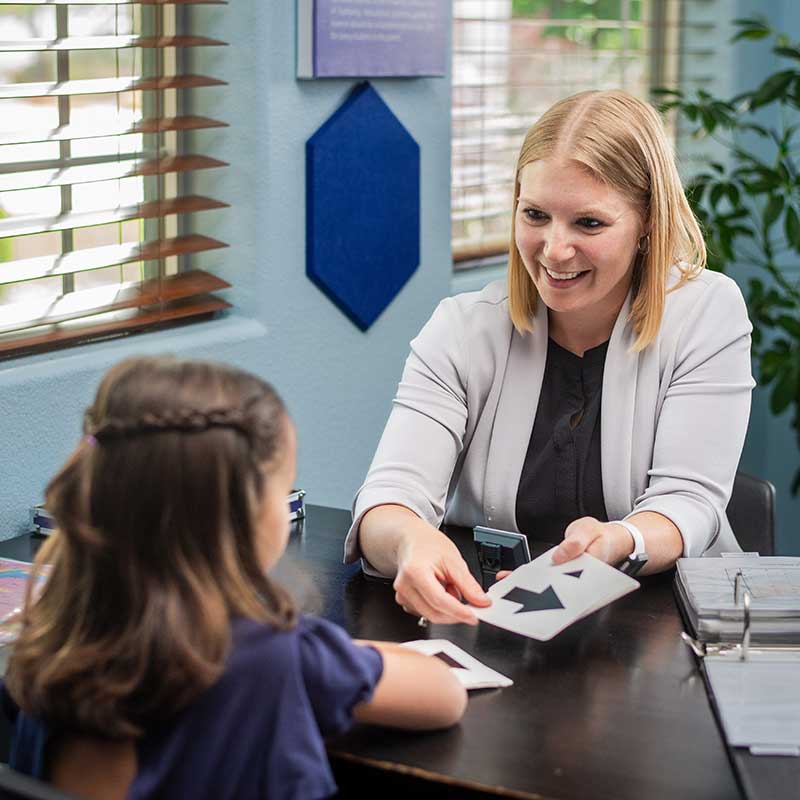Introduction
The transition from school hours filled with structured learning to the home environment where homework awaits can be a daunting task for many children. This challenge is often magnified for those with learning disabilities or conditions like ADHD, making it essential for parents to provide the right support. Engaging a tutor can significantly ease this transition, offering tailored strategies that cater to each child's unique needs. In this article, we will explore various aspects of how tutoring can help your child navigate this critical juncture, focusing on ADHD tutoring and other specialized programs designed for students with learning disabilities.

Understanding the Importance of Homework
What Role Does Homework Play in Education?
Homework serves as an extension of classroom learning, reinforcing concepts and providing students with opportunities to apply what they have learned. It helps cultivate responsibility and time management skills. However, not all students thrive under these expectations, particularly those who struggle with concentration or organization.
Why Do Some Students Struggle with Homework?
Factors such as attention disorders like ADHD, anxiety, or even lack of confidence can hinder a student's ability to complete homework effectively. Recognizing these barriers is the first step toward seeking solutions that work.
How to Help Your Child Transition from School to Homework With a Tutor's Help
Transitioning from school to homework requires strategic planning and understanding your child's individual challenges. Here’s where the role of a tutor becomes paramount.
The Benefits of Engaging a Tutor
Personalized Attention: A tutor can focus on your child’s specific areas of difficulty, providing personalized strategies for success.
Structured Environment: Tutors create a structured atmosphere that mimics the classroom setting while reducing distractions.
Skill Development: Tutors specializing in ADHD or other learning disabilities can teach coping mechanisms and study skills essential for academic success.
Choosing the Right Type of Tutor
When considering tutoring options, it's vital to select professionals who specialize in working with children facing similar challenges:
- ADHD Tutors: These tutors understand the nuances of attention disorders and employ methods tailored specifically for these learners. Tutoring for Learning Disabilities: Look for tutors experienced in working with various learning disabilities, ensuring they use effective teaching practices.
Finding ADHD Tutoring Options Near You
Where Can You Find ADHD Tutors?
Searching online for "ADHD tutoring near me" or "tutoring for kids with ADHD" will yield numerous local options. Websites like Care.com or Wyzant provide platforms where you can find qualified tutors in your area.

Evaluating Potential Tutors
When selecting a tutor, consider the following criteria:
- Experience and Qualifications: Ensure they have experience specifically related to ADHD or other learning disabilities. Teaching Style: Schedule an initial meeting to discuss their approach and determine if it aligns with your child’s needs.
Creating an Effective Homework Routine
Establishing Consistent Study Times
Having set times dedicated exclusively to homework fosters familiarity and reduces resistance among students. Consistency is key!
Designing a Distraction-Free Zone
Ensure that your child has a quiet space free from distractions such as TV or mobile phones during homework time.
Utilizing Tools and Resources
Incorporating Technology into Learning
Numerous apps cater specifically to helping students manage their time and tasks efficiently. Tools like Trello or Todoist can assist in creating visual task lists.
Recommended Educational Resources
Books, online courses, and educational websites designed specifically for children with learning disabilities are excellent supplemental resources that reinforce what they learn during tutoring sessions.
Communication Between Home and School
Keeping Teachers in the Loop
Establish open lines of communication between you, your child’s tutor, and their teachers. Regular updates help everyone stay informed about progress and challenges.
Parent-Teacher Conferences
These meetings are crucial opportunities to discuss your child’s performance and any concerns you may have regarding their homework load or assignments.
Building Emotional Resilience
Encouraging Positive Reinforcement
Acknowledge your child's efforts through praise when they complete assignments or tackle difficult tasks successfully; this builds confidence over time.
Coping Strategies for Anxiety Related to Homework
Teach simple breathing exercises or mindfulness techniques that can help manage anxiety when faced with challenging assignments.
Frequently Asked Questions (FAQs)
1. What qualifications should I look for in an ADHD tutor?
Look for someone who specializes in ADHD education, has relevant experience working with children who have similar challenges, and employs evidence-based strategies tailored to individual needs.
2. How often should my child meet with a tutor?
Generally speaking, one-on-one sessions once or twice a week are effective; however, frequency should be based on individual needs and academic demands.
3. Can online tutoring be effective for my child?
Absolutely! Many students thrive in online settings due to their flexibility; just ensure that the platform used is interactive and engaging.
4. What if my child refuses tutoring?
Start by having open conversations about why they feel https://bayarea.fitlearning.com/fit-logic/ resistant; sometimes involving them in choosing their tutor can foster willingness.

5. Are there specific subjects where tutoring is more beneficial?
Subjects that typically require more focus—such as math or reading comprehension—often see significant improvement through dedicated tutoring sessions tailored adequately.
6. How do I support my child outside of tutoring sessions?
Engage them in discussions about what they’re learning during sessions; encourage practice without overwhelming them by incorporating fun educational games related to their studies.
Conclusion
Successfully transitioning from schoolwork into homework doesn’t have to be fraught with stress; it can become an enriching experience when approached thoughtfully—with the right tools at hand! By recognizing the unique challenges faced by students with ADHD or other learning disabilities and enlisting professional help through specialized tutors, parents empower their children not only academically but also personally. Investing time now will pay dividends later as children learn valuable skills that extend beyond school walls into real-world applications!
By understanding how best to assist your child during this critical phase—whether through establishing routines or providing emotional support—you'll lay down pathways toward greater academic achievement while fostering resilience along the way!